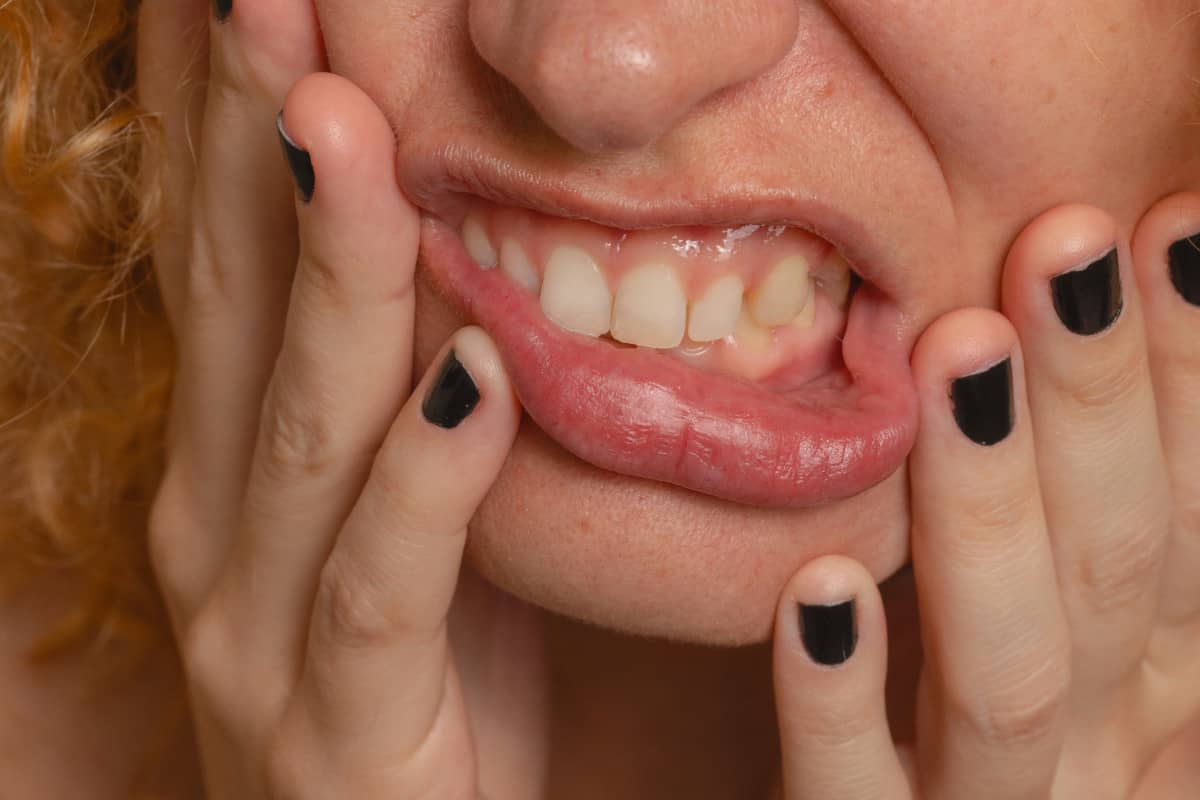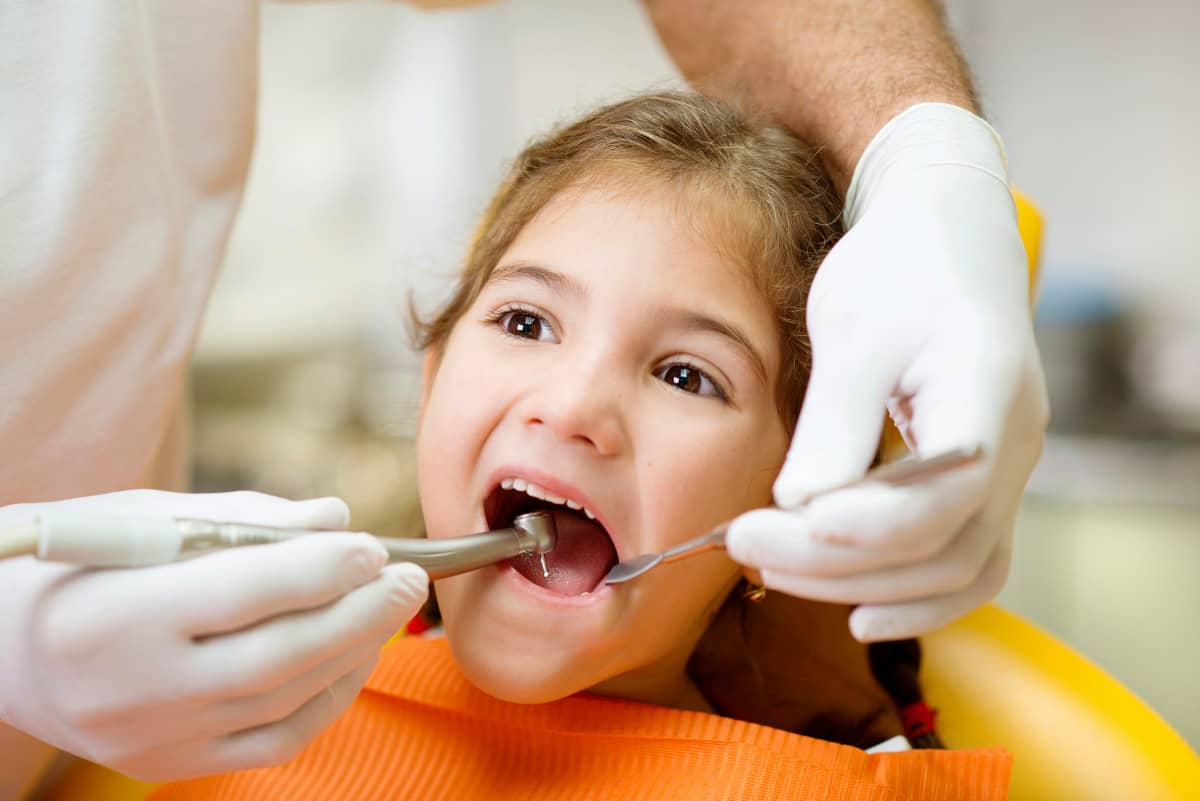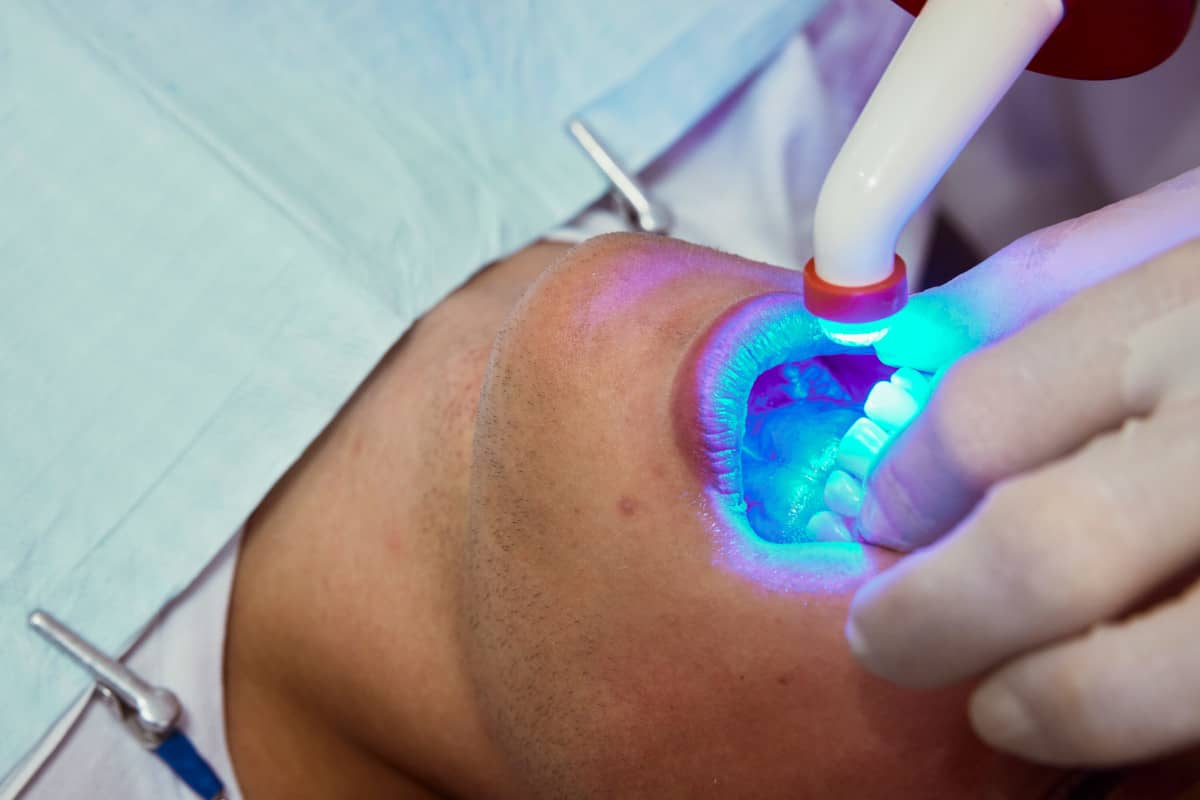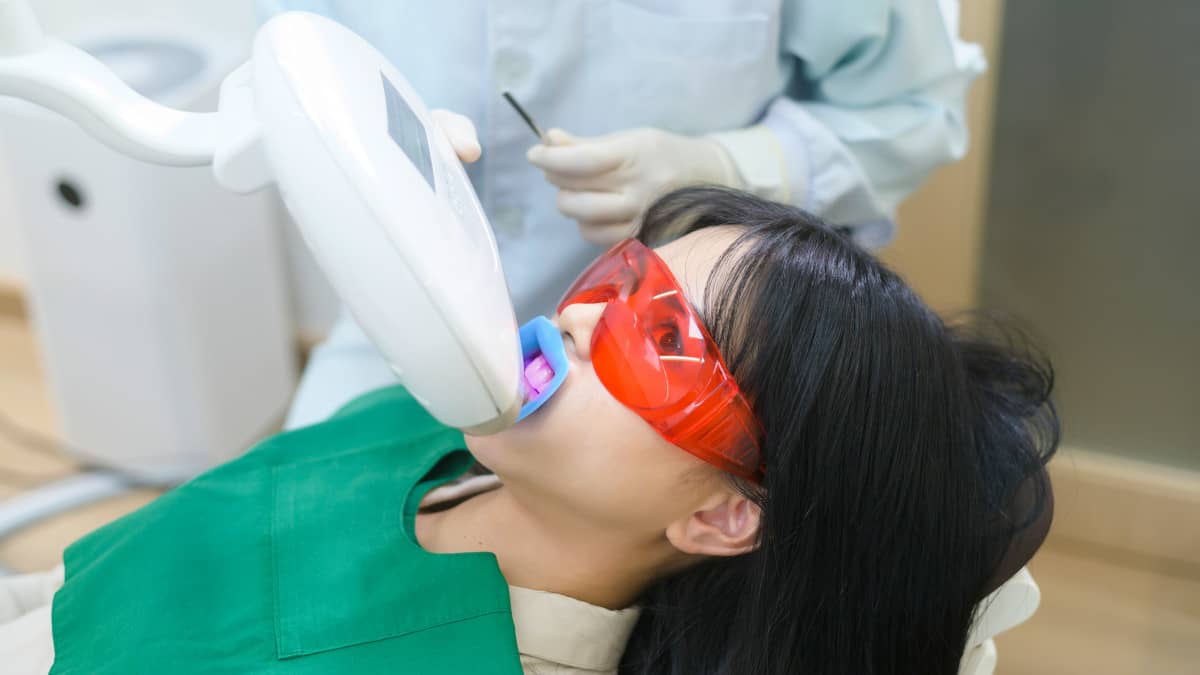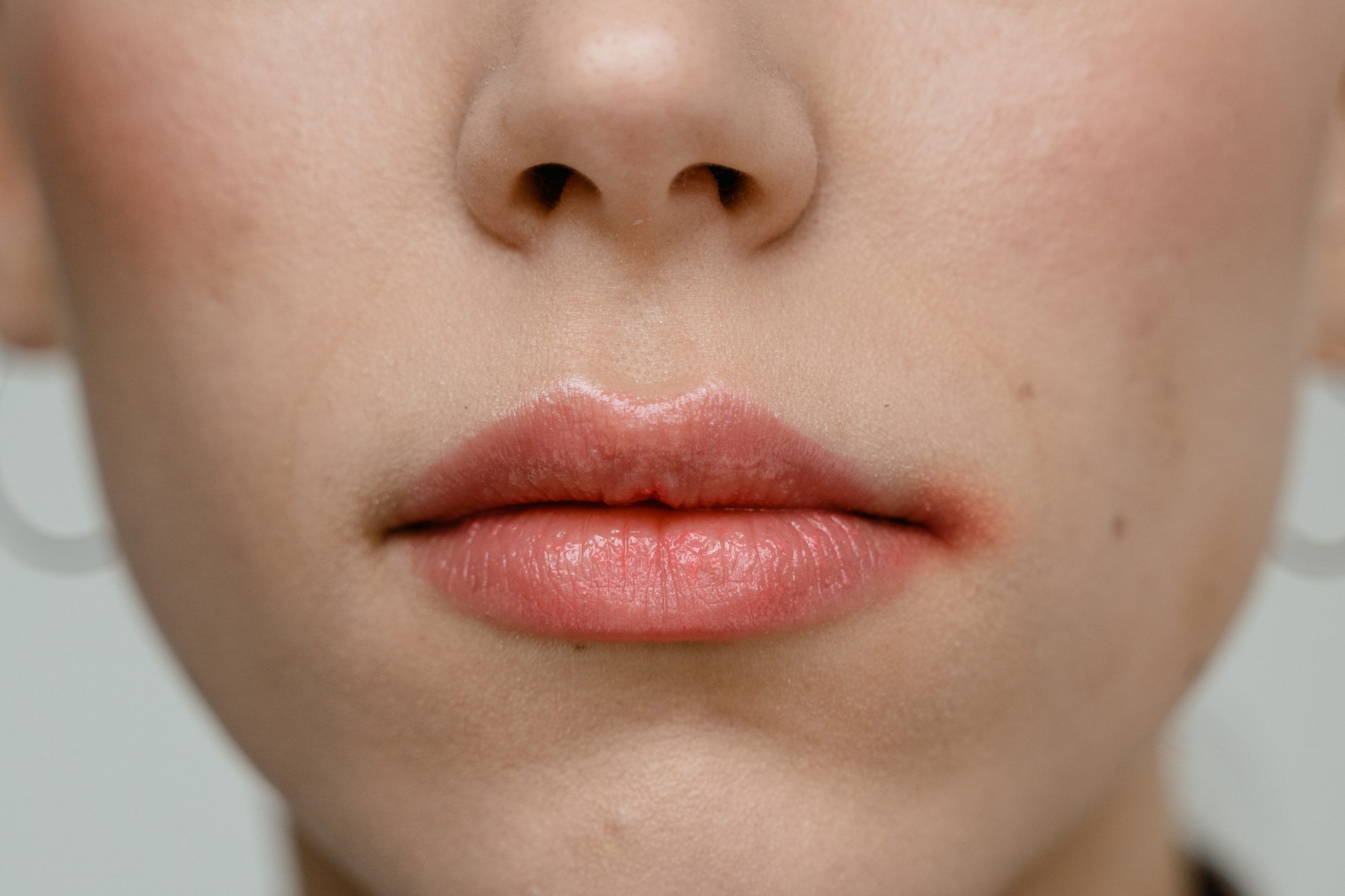
Oral cheilitis, why do cold sores appear?
Oral or angular cheilitis, commonly known as cold sores, is a painful and uncomfortable condition affecting the corner of the mouth.
What is oral cheilitis?
Causes of cheilitis
Relationship of oral cheilitis and dental health
Treatment and prevention
What is oral cheilitis?
Oral cheilitis is a condition that affects the lips and mouth, specifically the skin around them. It is also known as labial cheilitis or exfoliative cheilitis. This condition is characterised by inflammation, dryness, redness, cracking, peeling and erosion of the skin of the lips. It can cause discomfort when talking, eating or opening the mouth, and can be especially uncomfortable during weather changes or when the lips are exposed to moisture.
Causes of its appearance
Oral cheilitis can have a number of causes, including the following:
- Exposure to environmental factors: Prolonged exposure to sun, wind, cold or extreme heat can cause dehydration and damage to the skin of the lips, which in turn can lead to cheilitis.
- Infections: Infections caused by bacteria, fungi or viruses can trigger oral cheilitis. For example, infection with Candida albicans, a type of fungus, is a common cause of angular cheilitis, which is inflammation of the corners of the lips.
- Allergies: Some people may have an allergic reaction to certain ingredients present in lip care products, such as lipsticks, lip balms, toothpastes or foods, which can lead to oral cheilitis.
- Irritants: Exposure to irritants, such as harsh chemicals present in cosmetics or cleaning products, can cause inflammation and damage to the lips.
- Underlying medical conditions: Some medical conditions, such as atopic dermatitis, psoriasis or Sjögren’s syndrome, may predispose a person to develop oral cheilitis.
Relationship of oral cheilitis and dental health
It is a condition closely related to dental health. And although it is not a dental disease in itself, it can be associated with oral conditions and oral hygiene problems.
Here are some ways in which cheilitis can affect dental health:
Oral infections– Angular cheilitis, also known as cold sores, is a common form of cheilitis that affects the corners of the lips. This condition can be caused by fungal infections, bacterial infections or a combination of both. If not treated properly, infections can spread into the oral cavity and affect oral tissues, such as the gums or mucous membranes.
Poorly fitting dentures: Poorly fitting dentures can cause irritation and constant friction on the lips and at the corners of the mouth. This can lead to cheilitis due to inflammation and damage to the skin. It is important to ensure that dentures fit properly to avoid this problem.
Inadequate oral hygiene habits: Lack of good oral hygiene can contribute to the development of cheilitis. The build-up of bacteria and food debris around the lips and mouth can irritate the skin and encourage the growth of micro-organisms that cause infections. Brushing twice a day, flossing regularly and cleaning the tongue are essential to maintaining good oral hygiene.
Nutritional deficiencies: Some forms of cheilitis may be related to nutritional deficiencies, such as a lack of B vitamins or iron. A balanced, nutrient-rich diet is essential to maintain the health of the lips and mouth in general.
Treatment and prevention of oral cheilitis
To treat and prevent cold sores, it is important to follow some measures and advice:
- Maintain good oral hygiene: Brush your teeth at least twice a day and floss regularly to avoid bacteria build-up around the mouth.
- Avoid excessive moisture: Carefully dry the corners of your mouth after eating or drinking. If you have saliva build-up, it is important to keep the area dry to prevent microorganisms from proliferating.
- Adequate hydration: Drink enough water throughout the day to keep the skin hydrated from within. Well-hydrated skin is less prone to cracking and infection.
- Balanced diet: Make sure you get enough vitamins and minerals through a balanced diet. Foods rich in vitamins B2, B3, B6 and iron, such as dairy, meat, fish, legumes, fruits and vegetables, can help strengthen the immune system and prevent nutritional deficiencies.
- Avoid direct contact with saliva: If you are prone to excessive salivation, try to keep the area dry to prevent saliva from building up in the corners of your mouth.
- Avoid irritants: Some products such as lipsticks with artificial fragrances or flavours, skin care products with irritating ingredients and acidic foods can make it worse.
If it’s been a while since you’ve seen your dentist, make an appointment at udemax clinics so we can do a check-up and check your overall dental health.
Make an appointment at Clinicas Udemax and choose the location that best suits you: Udemax in the outpatient clinics of Policlínica Juaneda, in Arcdental or in Emardental, your clinic in the centre of Palma. For more information, call us on .

